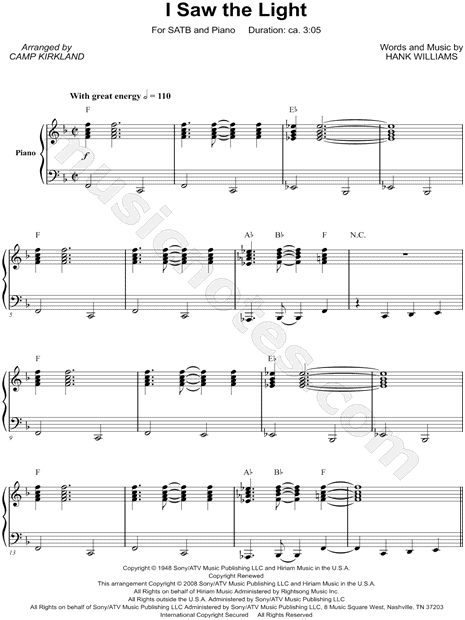

Every track here differs from the one before it. When Fallon told Rolling Stone that the album was “completely different than anything we had ever done before,” he was right: Forget what you know about The Gaslight Anthem. That’s all semantics in the face of the songwriting, which isn’t strong enough to overcome the album’s production. The production is excessive but somehow sterile - a dealbreaker for Get Hurt, which already suffers from some loudness compression issues. Where there should be rests in the melody, spaces for Fallon to take a breath before singing the next line, background vox are stacked to the point of annoyance. Somebody (probably producer Mike Crossey) got crazy with the background vocals. Every instrument sounds like it was tracked 12 times, including Fallon’s vocals.

But, man, are there a lot of overdubs on this album. Opener “Stay Vicious” actually pulls this off with its pounding metal intro and melodic verses, a total Def Leppard transition in the best way.

On their fifth studio LP, Get Hurt, the quartet wander further into the realm of radio rock, evoking all the trite Mutt Lange-isms that come with that territory. In the case of The Gaslight Anthem, the answer is an unfortunate and resounding yes. A band might think they have control over the creative process, but do they really? When the money talks, does creativity even matter anymore? Does Stockholm syndrome set in? Let’s do that.” Too often have the majors ensnared beloved indie bands and turned their music into commercial pap. The layers of vocal overdubs, the lush keyboard backdrops, the perfect guitar tones: It was as if the Gaslight Anthem were being molded into Universal’s answer to the Foo Fighters, like the bigwigs saw Wasting Light at the top of the charts and said, “Oh, people still like rock music. But, Handwritten sounded like it was puppeteered by producers. Songwriters mature people get tired of hearing the same thing over and over again. Their first release for the conglomerate, 2012’s Handwritten, was steeped in alt rock clichés and neo-Springsteenian tropes, hardly resembling the band that dropped The ’59 Sound. Gaslight, after all, only began distancing themselves from folk punk after corporate behemoth Universal Music Group started writing the checks. The band cited an appetite for new sounds and stylistic experimentation, but hardcore fans felt betrayed. Frontman Brian Fallon traded screams for croons, and song tempos decelerated as the production got cleaner. They’ve gone lengths to shed that label since 2010’s American Slang introduced them to a wider mainstream audience. The Gaslight Anthem isn’t a punk band anymore.


 0 kommentar(er)
0 kommentar(er)
